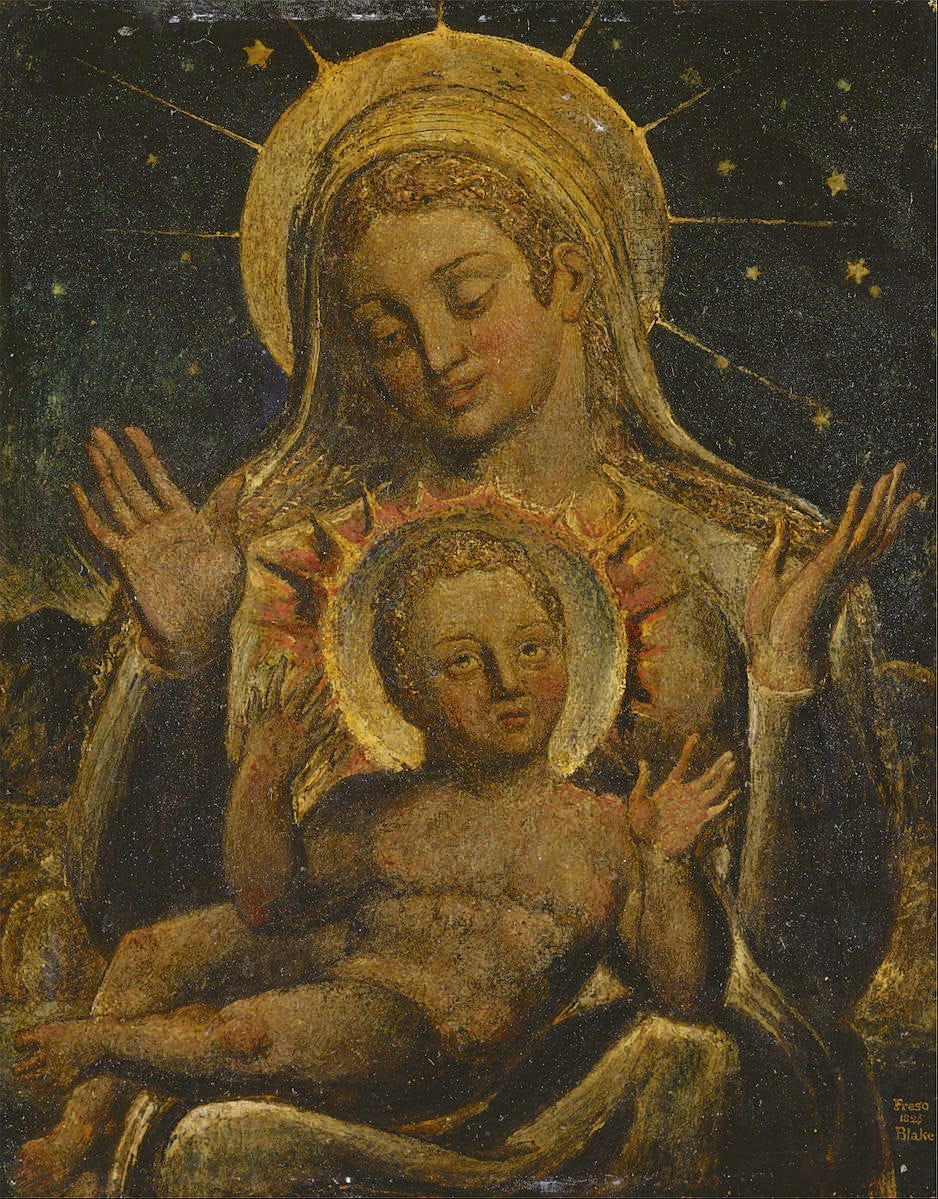TOTAL PLAY (BOP #3)
...
To say that Brahman has some purpose in creating the world would mean that it wants to attain through the process of creation something which it is not. And that is impossible. Hence, Brahman has no purpose in making the world. It is created in total freedom and spontaneity, in a state of rapt absorption like that of an artist possessed by his imaginative vision or a child caught up in the delight of a game played for its own sake. This idea is described by the Sanskrit term līlā, which can be translated as Play or Sport.
I have become so like a child, so fresh is my being, so supple my soul.
It is like I am new to this world and I do not know its ways.
All I know is play.
By far the most common use of play words, in many languages, is the erotic. The Sanskrit word for copulation is kridaratnam, which translates as “the jewel of games.” In German, a spielkind (literally a “play child”) is a baby born out of wedlock. In English, lechery evolved from leik, a root word for play. Among native Americans of the Blackfoot tribe, the word koani could be applied either to child’s play or to unlawful sex. Words for play mainly gave rise to words used in love-making, battle, or religious rites (feast and festival also trace their etymology to play). What do these activities have in common? They all require daring, risk, concentration, the ability to live with uncertainty, a willingness to follow the rules of the game, and a desire for transcendence. They share the spirit of sacred play, where the child and the poet are at home with the savage.
PLAY IS GODSEX
WORLD IS SPIELKIND

WORLD IS GODSEX
MAN IS SPIELKIND
Since birth, I have been spoon-fed lies by the serious men, by the officials, the bureaucrats, and the supervisors. I have been told that play is only diversion, and that the “real world” was a world of work. I have been told that there is no such thing as paradise or utopia, and that only through work can we make a better world.
There was no paradise from which we fell, and there is no utopia we can achieve. Just a long series of problems, solutions, new problems, and new solutions. Nostalgia and utopianism set us up to be perennially dissatisfied, and distract us from the work of incremental progress. (tweet)
— Dr. Alan Levinovitz, Professor of Religion, Professional Party Pooper
But now, at last, the veil has been lifted and I see the divine truth, and it is so simple that even a child could grasp it (and they do).
Money is the root of all evil and money is work and therefore work is the root of all evil (and play is the root of all good). New worlds—better worlds—are born of play (of līlā), not work (recreation = re-creation). The best world is, by definition, a world without problem, and therefore it is a world without work1, and therefore it is world of pure and total play and we could simply play our way to paradise and yet we do not.
At that time the disciples came to Jesus and asked, “Who, then, is the greatest in the kingdom of heaven?”. He called a little child to him, and placed the child among them. And he said: “Truly I tell you, unless you change and become like little children, you will never enter the kingdom of heaven.”
Our Play,
Who art for fun,
Childly is thy name.
Give us this day our daily game,
And forgive us for our work,
As we forgive those who work against us.
Lead us not into work,
And deliver us from boredom.
Amen (and that’s a checkmate, atheists)
Machines, activated by mental telepathy (presumably because any other means of activation would be a form of work), now do the work of humans. Furthermore, psychotherapy and the social sciences have made such advances that all possible interpersonal problems have been solved. People no longer need affection, approval, attention, and admiration. The advances of psychotherapy even make moral principles superfluous. Art, too, is unneeded and unpracticed, since the motivation for its creation—human aspirations, frustrations, hopes, fears, triumphs, tragedies, and the like—do not exist in Utopia. Science, philosophy, and all other forms of investigative inquiry do not exist in any significant sense, for Utopia is a society where all the important questions have already been answered.
In the end, the only meaningful activity left is that of game playing. Game playing is what remains as the human ideal when one abstracts away all instrumental activities. As pure autotelic activity, game playing makes it possible to retain enough effort in Utopia to make life worth living.




So the world isn't meant for the like of us?